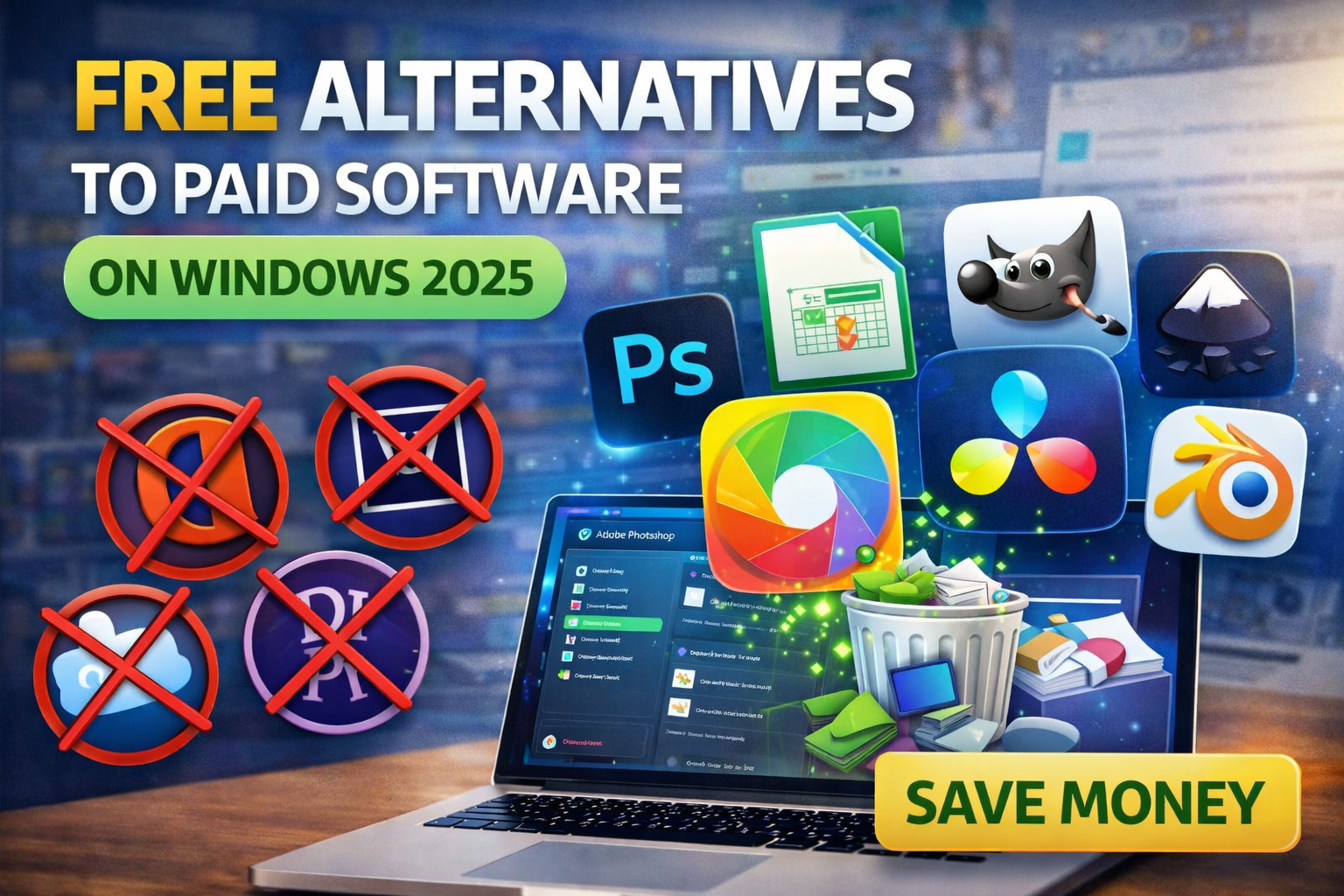

Additional Information
A set of PHP Components and Web Application framework for PC
| Version | Symfony 8.0.3 |
| Requirements |
Windows 7/Windows 7 64/Windows 8/Windows 8 64/Windows 10/Windows 10 64 |
| Updated | January 04, 2026 |
| Author | Symfony SAS |
| Category | Developer Tools |
| License | Open Source |
| Language | English |
| Download | 2191 |
Overview
Symfony is a set of PHP Components, a Web Application framework, a Philosophy, and a Community — all working together in harmony. The leading PHP framework to create websites and web applications. Built on top of the Symfony Components. A set of decoupled and reusable components on which the best PHP applications are built, such as Drupal, phpBB, and eZ Publish.
A passionate group of over 600,000 developers from more than 120 countries, all committed to helping PHP surpass the impossible. Embracing and promoting professionalism, best practices, standardization, and interoperability of applications.
Six good reasons to use Symfony
Reputation
Quickly adopted by professionals active in this field following its launch in 2005, Symfony today is a stable environment that is both well-known and recognized internationally. The number of its references attests to this, as they have grown significantly since its launch. The app is also an active community; developers, integrators, users, and other contributors who participate in the ongoing enrichment of this tool.
Permanence
It was originally created by the interactive agency SensioLabs. Designed by professionals for professionals, Symfony is first and foremost a pragmatic tool, the features of which address real-world requirements. Permanence is also something that relates to long-term support. Professional web app support is provided by SensioLabs, but there is also an entire ecosystem that has grown up around the app since its launch: the community (Slack, Stack Overflow, etc.) and the many other services companies that have invested in the framework.
References
Intranets, major general public sites, social networks, community sites, management and workflow applications, etc. Examples are not lacking: Hundreds of sites and applications of all sizes and of all types trust the components. This is specifically the case of Yahoo!, Dailymotion, Opensky.com, Exercise.com, and even applications such as phpBB and Drupal.
Innovation
The program is everything that you would come to expect from a framework: speed, flexibility, reusable components, etc. Then there is the structure of what has been developed and the use of best practices. Not bad! But that is not all! Since SensioLabs has developed a habit of shaking up the established order and is always striving for excellence, (and its entire community) has developed a sense of curiosity that goes well beyond PHP. In addition, seeking out ongoing improvement in the productivity of developers, envisioned the “web debug toolbar,” taken from other frameworks, whether PHP or otherwise.
Resources
When using Symfony, you are assured of never “being alone with your screen.” Whether a question of community support (mailings lists, IRC, etc.) or company support (consulting, training, etc.), you will always find the answers to your questions. Starting from the principle that “an undocumented line is a line that does not exist,” you will also find many works dedicated to the app, which will help you throughout the development of your sites and applications.
Interoperability
The idea behind Symfony: Don’t lock yourself up within Symfony! Allow yourself to build applications that precisely meet your needs! The framework respects the existing “de facto standards” of PHP: PHPUnit, naming conventions for classes, etc. Furthermore, It also allows you to use certain pieces of its software building blocks (dependency injector, translations management, forms management, etc.) without necessarily using the framework in its entirety.
Note: Requires PHP.
A passionate group of over 600,000 developers from more than 120 countries, all committed to helping PHP surpass the impossible. Embracing and promoting professionalism, best practices, standardization, and interoperability of applications.
Six good reasons to use Symfony
Reputation
Quickly adopted by professionals active in this field following its launch in 2005, Symfony today is a stable environment that is both well-known and recognized internationally. The number of its references attests to this, as they have grown significantly since its launch. The app is also an active community; developers, integrators, users, and other contributors who participate in the ongoing enrichment of this tool.
Permanence
It was originally created by the interactive agency SensioLabs. Designed by professionals for professionals, Symfony is first and foremost a pragmatic tool, the features of which address real-world requirements. Permanence is also something that relates to long-term support. Professional web app support is provided by SensioLabs, but there is also an entire ecosystem that has grown up around the app since its launch: the community (Slack, Stack Overflow, etc.) and the many other services companies that have invested in the framework.
References
Intranets, major general public sites, social networks, community sites, management and workflow applications, etc. Examples are not lacking: Hundreds of sites and applications of all sizes and of all types trust the components. This is specifically the case of Yahoo!, Dailymotion, Opensky.com, Exercise.com, and even applications such as phpBB and Drupal.
Innovation
The program is everything that you would come to expect from a framework: speed, flexibility, reusable components, etc. Then there is the structure of what has been developed and the use of best practices. Not bad! But that is not all! Since SensioLabs has developed a habit of shaking up the established order and is always striving for excellence, (and its entire community) has developed a sense of curiosity that goes well beyond PHP. In addition, seeking out ongoing improvement in the productivity of developers, envisioned the “web debug toolbar,” taken from other frameworks, whether PHP or otherwise.
Resources
When using Symfony, you are assured of never “being alone with your screen.” Whether a question of community support (mailings lists, IRC, etc.) or company support (consulting, training, etc.), you will always find the answers to your questions. Starting from the principle that “an undocumented line is a line that does not exist,” you will also find many works dedicated to the app, which will help you throughout the development of your sites and applications.
Interoperability
The idea behind Symfony: Don’t lock yourself up within Symfony! Allow yourself to build applications that precisely meet your needs! The framework respects the existing “de facto standards” of PHP: PHPUnit, naming conventions for classes, etc. Furthermore, It also allows you to use certain pieces of its software building blocks (dependency injector, translations management, forms management, etc.) without necessarily using the framework in its entirety.
Note: Requires PHP.
Previous versions More »
8.0.3
January 04, 2026
14.3 MB
8.0.0
December 01, 2025
14.2 MB
7.3.6
November 10, 2025
13.9 MB
7.3.4
October 05, 2025
13.9 MB
7.3.3
September 01, 2025
13.9 MB
7.3.2
August 05, 2025
13.8 MB










No comments yet. Be the first to comment!